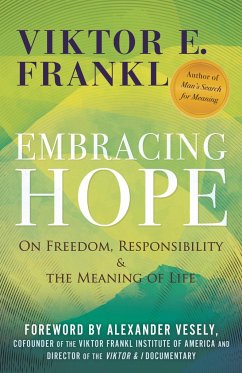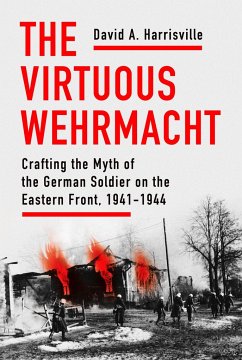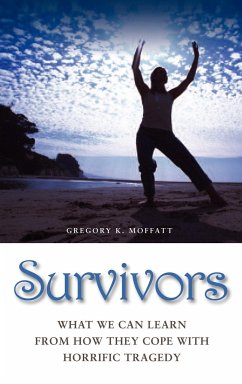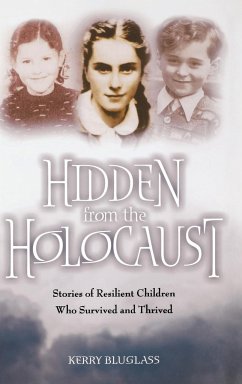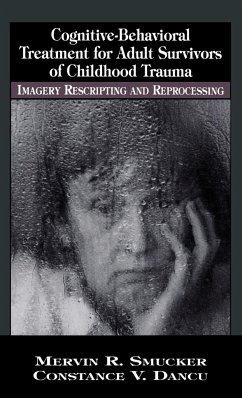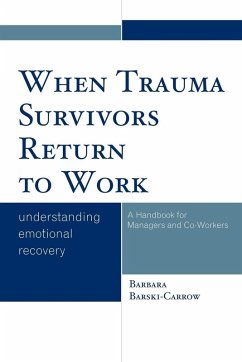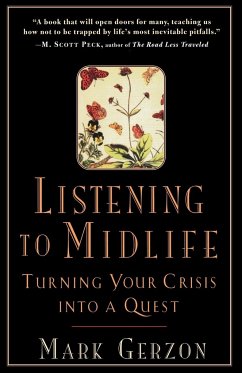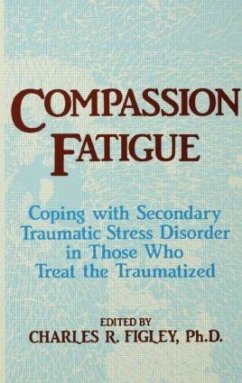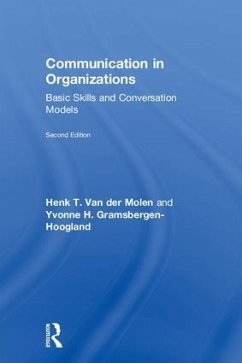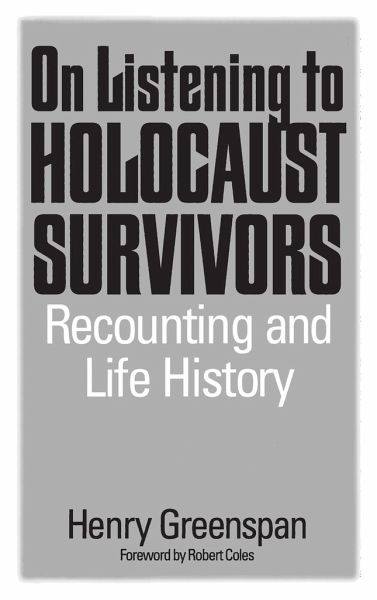
On Listening to Holocaust Survivors
Recounting and Life History

PAYBACK Punkte
44 °P sammeln!
This volume is based on interviews the author has conducted with the same core group of Holocaust survivors for more than two decades. Through these interviews, one can directly follow the ways recounting emerges and evolves, the way a story is made from a "non-story". Survivors' recounting is shown to be influenced both by the narrators' life histories before and after the Holocaust, and by the expectations of their listeners. As a result, their stories emerge within a double transaction: an inner dialogue between survivors' words and their memories, and an outer dialogue between survivors and their listeners.
How do Holocaust survivors find words and voice for their memories of terror and loss? This landmark book presents striking new insights into the process of recounting the Holocaust. While other studies have been based, typically, on single interviews with survivors, this work summarizes twenty years of the author's interviews and reinterviews with the same core group. In this book, therefore, survivors' recounting is approached-not as one-time testimony-but as an ongoing, deepening conversation. Listening to survivors so intensively, we hear much that we have not heard before. We learn, for example, how survivors perceive us, their listeners, and the impact of listeners on what survivors do, in fact, retell. We meet the survivors themselves as distinct individuals, each with his or her specific style and voice. As we directly follow their efforts to recount, we see how Holocaust memories challenge their words even now-burdening survivors' speech, distorting it, and sometimes fully consuming it. It is not a story, insisted one survivor about his memories. It has to be made a story. On Listening to Holocaust Survivors shows us both the ways survivors can make stories for the not-story they remember and-just as important-the ways they are not able to do so.



